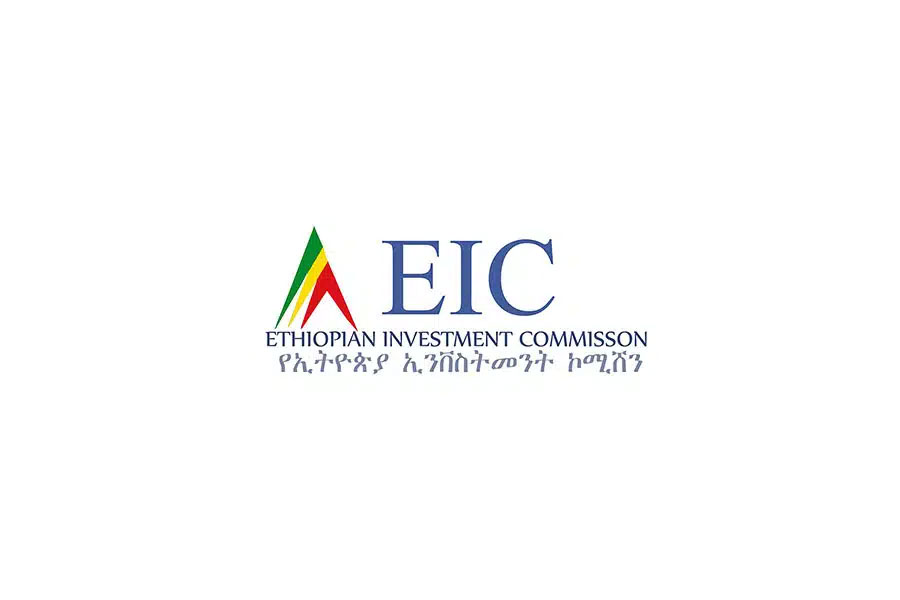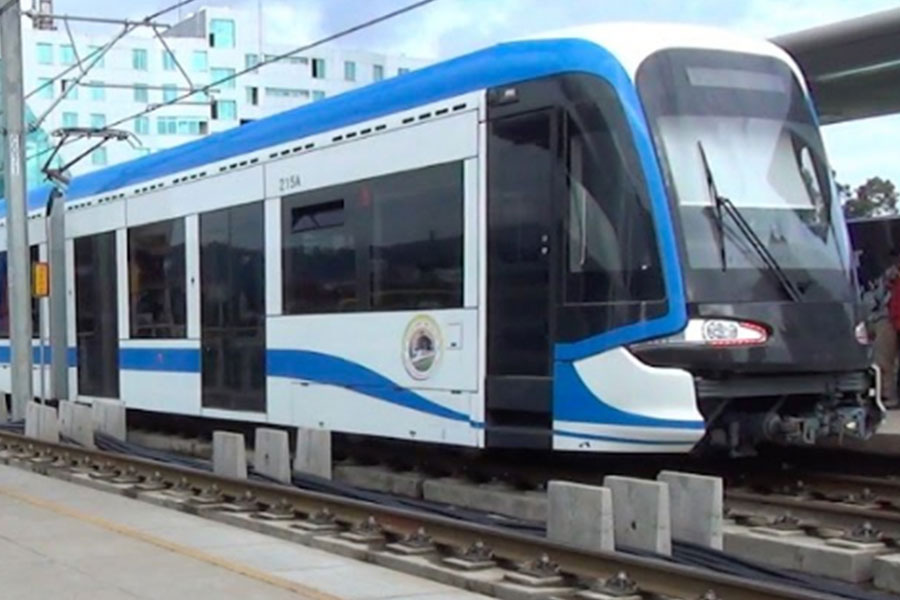
Jan 15 , 2022
By SAMUEL BOGALE ( FORTUNE STAFF WRITER
)
The state will soon determine fees in the construction industry for design and supervision works, ending a competitive market applied to date.
The rare move in attaching value to a professional service comes in the wake of a study jointly commissioned by the Construction Management Institute and the Ethiopian Consulting Engineers & Architects Association. Price-based competition is apparent in the construction industry, manifesting a trend of poor quality design work and subpar supervision activities, says a study conducted by HABCON Consult Plc.
The Institute and the Association, representing over 1,000 companies in the construction industry, held discussions on the study's findings. It concludes that unfair and cut-throat competition tempts architects and consultants to collude with contractors landing in contracts at low fees that are insufficient to cover direct costs associated with consultancy services. The Institute formulated a guideline for consultants` fees, sent to the Ministry of Urban Development & Infrastructure last week.
The Ministry is expected to forward the guidelines to the Ministry of Finance to be used as a reference during public procurement processes. Although the guideline will be used mainly by public offices, the private sector is also expected to follow suit, says Tamrat Mulu, director of the Institute.
The construction industry prefers cost-based over a quality-based selection of architects and consultants, say industry observers. The lowest bidder usually bags contracts, mainly from public offices.
“With this guideline, we can be certain that consultants can’t take advantage by offering low and off-market fees,” Tamrat said.
The project's cost and level of complexity are also used to determine the floor price. Fees for the design works of roads vary based on distance, between 25Km to 400Km. Terrain and type of roads are factors to be considered in setting fees. The Institute proposed a minimum fee of 380,000 Br a kilometre for remote road projects of up to 25Km on hilly terrain and 10,000 Br less for project locations designated as 'near.'
Location is one of the criteria used to determine threshold fees for road and building projects. Projects within 100Km from where the consultant is based are considered 'near'. Sites farther than 350Km have been termed 'remote.' Fees vary in proportion to distance. The fee drops as road distance increases, setting at around 277,500 Br a kilometre for remote road projects of up to 400Km.
Estimating project costs without considering their complexity, cost and size have been the trend, causing problems in the construction industry, noted Abebe Dinku (Prof.), chairperson of the construction materials and management department at the Addis Abeba Institute of Technology. He applauds the efforts to set a baseline for consultancy fees.
“If consultants are paid well and design the projects properly, it'll help in lowering construction costs,” Abebe told Fortune.
The construction industry, which contributes nearly a fifth of the country's GDP, has been growing by a yearly average of 11pc. It is a source of employment for five percent of the national workforce of over 41 million.
According to Tesfamariam Teshome, a senior architect at BET Architects plc, similar initiatives have been introduced by the government in the past.
“However, none of them panned out," he said.
Eshetu Temesgen (PhD), president of the Ethiopian Consulting Engineers & Architects Association, pledges that consultants under his leadership would not undercut fees.
“Any consultant found working for fees lower than the threshold would have their bid revoked," said Eshetu, who is also a parliamentarian. "They will be subject to further investigation.”
Abebe would like to see more official support and regulatory oversight in the consultancy field, which he believes has been underserved. However, he is concerned about compliance with the guideline and the government’s commitment to enforcing them.
"Proper implementation and serious follow-up are a must," he said.
Others stress that the issues apparent in the construction industry have deeper roots. Tesfamariam observes that price-cutting and unprofessionalism result from a poor education system.
His views are reflected in the results of an assessment commissioned by the Construction Management Institute to gauge professional competency in the industry, which attributes the general lack of professionalism to inadequate education and the absence of practice-oriented teaching in higher education institutions.
“If the registration and licensing system had been efficient, it would've filtered out incompetent professionals,” said Tesfamariam. "A holistic approach is needed."
Based on the recommendations from the assessment, the Ministry of Urban & Infrastructure Development is preparing a directive that would force construction professionals to sit competency exams to receive a permit or renewal.
The low level of awareness from project owners is another factor for the price-cutting practice, according to Bereket Tesfaye, founder and lead architect at Bereket Tesfaye Consulting Architects & Engineers.
“When design and consultancy fees are low, project owners should ask why," he said.
HABCON Consult Plc, which prepared the guideline after conducting a study, declined to comment, citing a confidentiality clause.
PUBLISHED ON
Jan 15,2022 [ VOL
22 , NO
1133]

Fortune News | Nov 03,2024


Commentaries | Apr 24,2021

Radar | Aug 11,2024

Fortune News | Dec 19,2021

Fortune News | Mar 25,2023

Editorial | Dec 07,2019

Fortune News | Sep 18,2021

Radar | Jun 21,2025

Fortune News | May 15,2021

Dec 22 , 2024 . By TIZITA SHEWAFERAW
Charged with transforming colossal state-owned enterprises into modern and competitiv...

Aug 18 , 2024 . By AKSAH ITALO
Although predictable Yonas Zerihun's job in the ride-hailing service is not immune to...

Jul 28 , 2024 . By TIZITA SHEWAFERAW
Unhabitual, perhaps too many, Samuel Gebreyohannes, 38, used to occasionally enjoy a couple of beers at breakfast. However, he recently swit...

Jul 13 , 2024 . By AKSAH ITALO
Investors who rely on tractors, trucks, and field vehicles for commuting, transporting commodities, and f...

Jun 28 , 2025
Meseret Damtie, the assertive auditor general, has never been shy about naming names...

Jun 21 , 2025
A well-worn adage says, “Budget is not destiny, but it is direction.” Examining t...

Jun 14 , 2025
Yet again, the Horn of Africa is bracing for trouble. A region already frayed by wars...

Jun 7 , 2025
Few promises shine brighter in Addis Abeba than the pledge of a roof for every family...